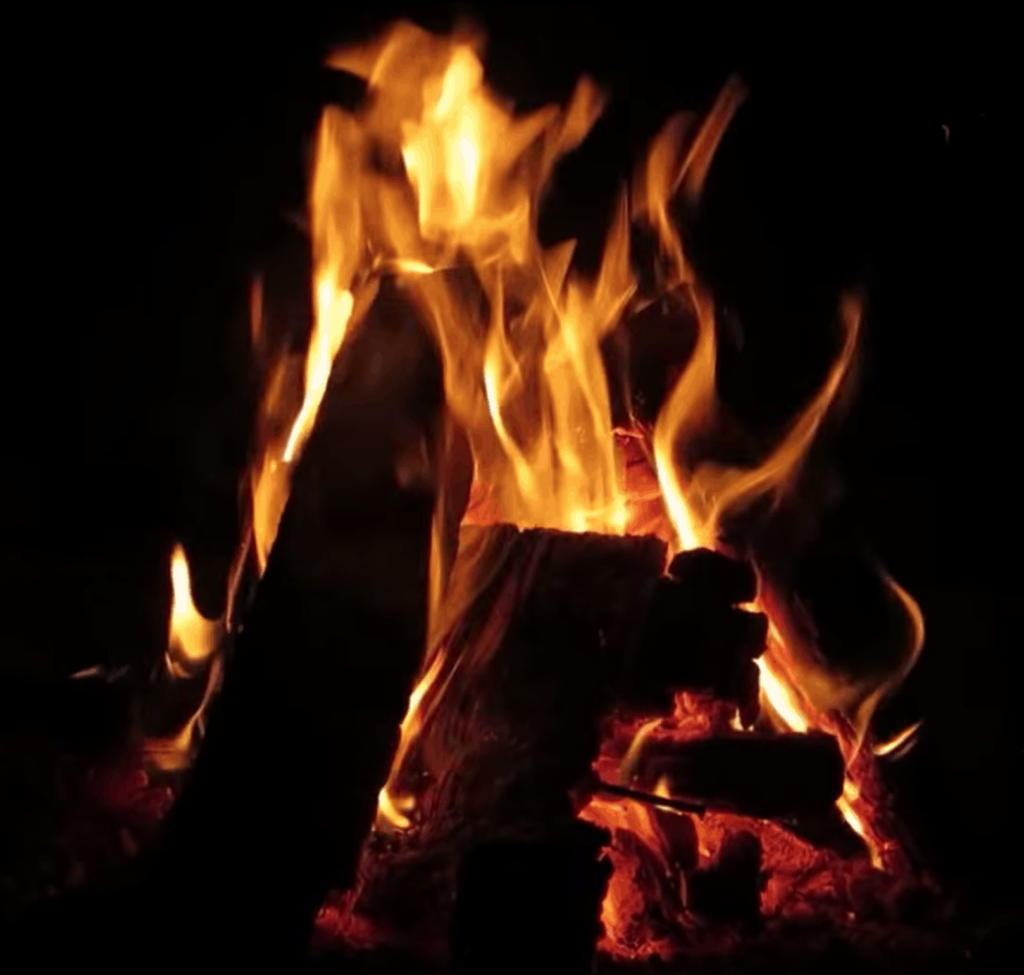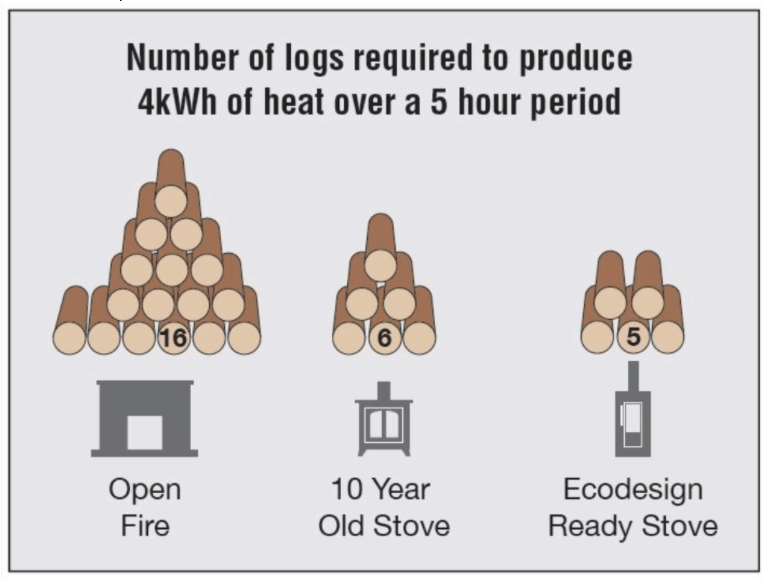
When we burn wood harmful pollutants are released including PM2.5, which can have a devastating impact on our health.
Better Burn Campaign:
The Better Burn Campaign is a campaign run by DEFRA. Part of this campaign looked at the responses from a survey they ran, which 2,000 individuals who burn wood took part in. The results showed that 40% will use their open fire or stove more this winter, and 49% were unaware of the health impacts, which come from burning wood – in particular open fires. This survey also reveals that some 25% of respondents still use house coal.
As the festive season approaches, and more and more of us look forward to enjoying wood-fired heat, it’s important to be aware of the health hazards, which you can face, when using an open fire.
The ‘Burn Better’ campaign provides help and assistance to improve the way you burn wood, which includes:
Make sure your wood is ready to burn: Dry wood produces less smoke and more heat, and so is much cleaner and better for the environment. If you’re cutting your own logs for firewood, store them in a dry area, and allow them to dry for at least 12 months, for wood like oak, this can be as long as 24 months. Before you burn, use a moisture meter so you can check the water content of the logs. They should be less than 20%. Having too high a water percentage will increase pollution, produce a poor level of heat output and cause tar to form in your chimney. It’s important you get the right level.
Opting for the cleanest fuels: Before buying always make sure what fuels are most suitable for your appliance. When purchasing wood look for the «Ready to Burn» logo and make sure you store the wood in a dry place. When choosing briquettes or fire logs, select a brand that indicates its ‘suitable for use in smoke-controlled areas’ these give off less smoke.

Service your stove: Getting your stove serviced regularly by an engineer will help your appliance perform better. It will use less fuel to produce more heat. If you’re considering upgrading your appliance consider getting one with a Defra exemption or that’s Eco-design Ready, such as stoves found in the Charlton & Jenrick range. These give off less smoke and are more heat efficient.
Consider your chimney: In the year April 2019 to March 2020 over 3,000 houses in England had chimney fires as a result of a build-up of flammable tar. Most chimney fires are preventable and are largely due to infrequent sweeping. Prevention is always better (and safer!) than cure!
Response from HETAS:
Bruce Allen, CEO at the Heating Equipment Testing and Approvals Scheme (HETAS) said: ‘It’s worrying to see many people are burning materials that are harmful to air quality in the UK and are unaware of the negative impact burning the wrong type of fuels can have on their health.
‘With people due to spend more time in their homes this winter, I would urge everyone with an open fire or stove to consider improving burning habits by reassessing the types of fuels used.’
When you burn wood be aware of the possible risk factors you could be exposing you and your family too. However good an open fire may look, they are vastly inefficient and polluting, when compared to modern, EcoDesign Ready stoves.